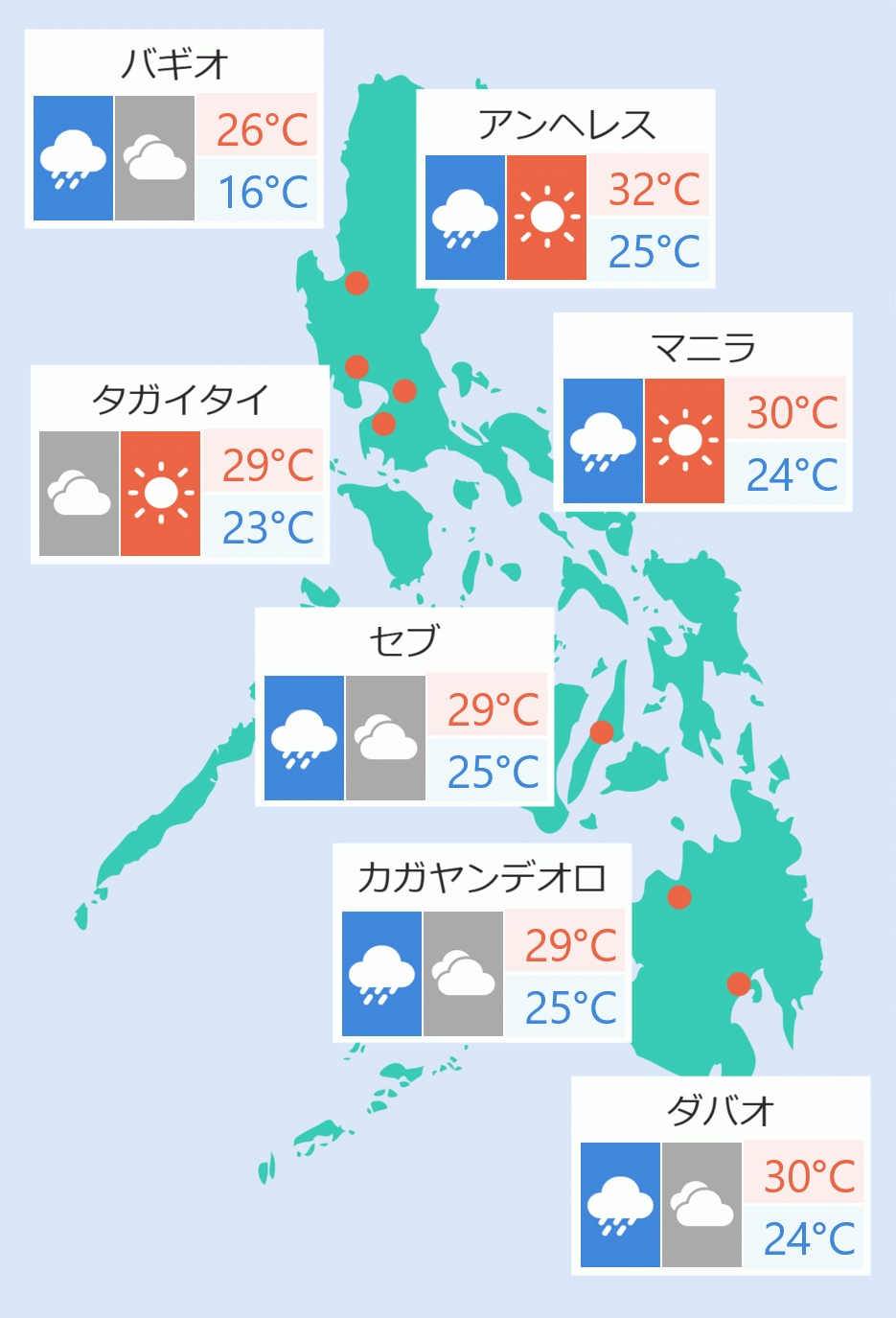By Robina Asido
At least 20 Japanese descendants may immediately benefit from a memorandum circular of the Philippine Statistics Authority (PSA) which lessened the requirements to apply for certificates of late registrations of the 2nd generation of Nikkei-Jins, aged 80 and above.
In a phone interview with the Daily Manila Shimbun Friday, Norihiro Inomata, Representative Director of Philippine Nikkei-Jin Legal Support Center (PNLSC), a non-government organization helping Japanese descendants in the Philippines, welcomes the memorandum circular signed by PSA Undersecretary Claire Dennis Mapa last November 15.
"That is really helpful, this is really great news for the ... Nikkei-Jin society in the Philippines because most of descendants who are stateless are having problem with their birth, marriage and death certificates," he said.
"It has been an issue that they have to find two witnesses in the community who can prove their birth, marriage etc. We are really happy to hear this generous decision made by the PSA," he added.
The memorandum circular states that the PSA waives the mandatory requirement of "Affidavit of Two Disinterested Persons" to attain the objective of the memorandum of agreement (MOA) between the PSA and the Philippine Nikkei Jin Kai Rengokai, Inc. (PNJK Rengokai, Inc.) last August 2.
It said the MOA was crafted "to assist Filipino-Japanese descendants in the application for delayed registration of civil registry documents such as Birth, Marriage and Death record before the respective Local Civil Registry Office."
The memorandum circular also stated that the elimination of the "Affidavit of Two Disinterested Persons" from the mandatory requirements is "limited only to the delayed registration of aging 2nd generation of Nikkei-Jin who are from the age of 80 and above."
"In lieu of the affidavit, the Regional Screening Committee (RSC) of the PNJK Rengokai, Inc. shall issue a certification after the evaluation and assessment of the applicant," it stated.
"This certification shall form part of the supporting documents before the City/Municipal Civil Registrar proceeds with the delayed registration of the Civil Registry Documents," it added.
Norihiro said many Japanese descendants have give up the process of obtaining their Japanese citizenship because they were having a hard time to find two witnesses who can prove their relationship to their Japanese parent.
"Many of descendants were born during World War II and they are not registered and had a problem ... looking for their witness, two person for their joint affidavit...," he said.
"So many descendants have give up the process but now because of the development it will encourage the descendants to proceed, to obtain Japanese nationality," he added.
According to the PSA, the "birth registration initiative aims to recognize Filipino-Japanese descendants not only by their relatives in the Philippines and Japan but also by the Philippines and Japanese government." DMS



 日本語
日本語
 English
English








